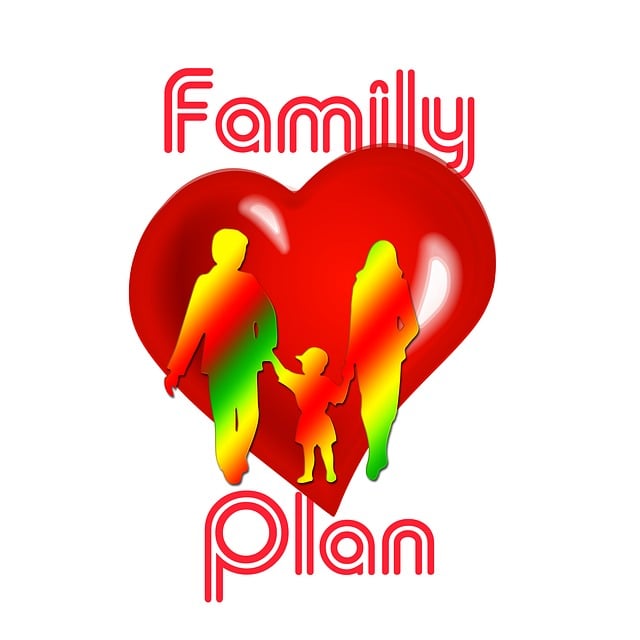Event planning for local businesses is crucial for community engagement and economic growth, requiring a tailored approach that reflects the unique culture and preferences of the local area. Successful event coordination involves strategic collaboration with key stakeholders, including local influencers and businesses, to enrich promotion, resources, and diverse perspectives, fostering a sense of ownership among attendees and showcasing local products and services. Effective venue selection, logistics management, marketing, and vendor relations are all facets that must be managed strategically to transform events into cultural exchanges and community development catalysts. Targeted event marketing and activation strategies help stimulate repeat business and support local economies, making "Event Planning for Local Businesses" a vital practice for thriving community life. Additionally, the use of data analytics in event planning allows planners to measure success through attendance, engagement, and feedback, ensuring continuous improvement by aligning events with attendee interests and fostering lasting relationships that position local businesses as thought leaders.
Local events thrive on the nuanced pulse of their community, with each celebration or gathering intricately woven into the fabric of local business success. This article delves into the art of event planning for local businesses, emphasizing strategic coordination that not only draws from but also amplifies community engagement. We explore tailoring experiences to local audiences and the pivotal role data-driven insights play in measuring impact and optimizing future events. Join us as we navigate the key considerations that elevate local events into triumphs of community connection and economic vitality.
- Strategic Coordination: Leveraging Community Engagement for Successful Local Events in Event Planning for Local Businesses
- Key Considerations in Event Planning for Local Businesses: Tailoring Experiences to Local Audiences
- Measuring Impact and Optimizing Future Events: Data-Driven Insights for Local Business Event Planners
Strategic Coordination: Leveraging Community Engagement for Successful Local Events in Event Planning for Local Businesses

Effective event planning for local businesses often hinges on strategic coordination that seamlessly integrates community engagement. By identifying and collaborating with key stakeholders within the community, event planners can amplify local events, ensuring they resonate with attendees and align with the values and interests of the area. These partnerships not only foster a sense of ownership and participation among community members but also create opportunities for local businesses to showcase their offerings and contribute to the event’s success. Engaging local influencers, businesses, and organizations can enhance promotion, provide resources, and offer diverse perspectives that enrich the planning process and the event experience.
The role of strategic coordination in event planning for local businesses cannot be overstated. It involves a meticulous approach to integrating various elements such as venue selection, logistics management, marketing, and vendor relations. By doing so, events become more than mere gatherings; they are opportunities for economic growth, cultural exchange, and community development. Strategic coordination ensures that local businesses are not just participants in these events but pivotal contributors to an experience that benefits the entire community, fostering repeat business and strengthening local economies through targeted event marketing and activation strategies.
Key Considerations in Event Planning for Local Businesses: Tailoring Experiences to Local Audiences

When local businesses aim to host events that resonate with their community, understanding the unique characteristics and preferences of the local audience is paramount. Event planning for local businesses requires a deep dive into demographic data to tailor experiences that align with the interests and behaviors of the neighborhood. Engaging an audience that feels connected to the event can be achieved by incorporating local culture, themes, and trends into the event’s theme, activities, and promotional strategies. This not only fosters a sense of belonging but also enhances the overall appeal of the event to the community.
To effectively connect with the local audience, businesses must consider local influencers and community leaders who can help amplify the event’s reach. Collaborating with these figures allows for a more authentic and impactful event that benefits from their reputation and influence within the community. Furthermore, leveraging local vendors and suppliers not only supports local economies but also adds a touch of homegrown flavor to the event, which can be a significant draw for attendees looking for an authentic experience. By thoughtfully integrating these elements into event planning for local businesses, organizers can create events that truly reflect the spirit of their community and leave a lasting impression on participants.
Measuring Impact and Optimizing Future Events: Data-Driven Insights for Local Business Event Planners

Local event planners are increasingly leveraging data-driven insights to measure the impact of their events and optimize future endeavors for local businesses. By analyzing attendance rates, participant engagement, and post-event feedback through surveys or social media analytics, planners can gauge the effectiveness of their event planning efforts. This quantifiable data not only helps in understanding what resonated with attendees but also provides a baseline for comparison against previous events and industry benchmarks. For instance, if a local business’s product launch event yielded higher than average engagement levels, it signals that the marketing strategies used were particularly effective. Similarly, low attendance or feedback indicating lackluster content can prompt planners to reassess their target audience and refine their approach for subsequent events.
To further enhance the success of local business events, planners are adopting a cycle of continuous improvement. They utilize data analytics tools to identify patterns and trends from past events, which inform decisions on venue selection, speaker lineups, and content relevance. By aligning event themes and activities more closely with the interests and needs of the local community, these planners ensure that future events not only meet but exceed expectations. This strategic use of data ensures that local business events are not just one-off occurrences but are part of a larger, dynamic strategy aimed at building lasting relationships with attendees and positioning the host businesses as thought leaders within their industry.
Local events, when expertly coordinated, serve as pivotal touchpoints between businesses and their communities. By integrating strategic coordination with deep community engagement, local businesses can enhance event planning, ensuring each initiative resonates with the target audience. Tailoring these experiences not only fosters a sense of belonging but also amplifies the events’ success. Leveraging data-driven insights post-event allows planners to measure impact and optimize future endeavors for continuous improvement in event planning for local businesses. This symbiotic approach underpins the vital role such events play in community development and business growth, ultimately solidifying their place as cornerstones of local economy and culture.
